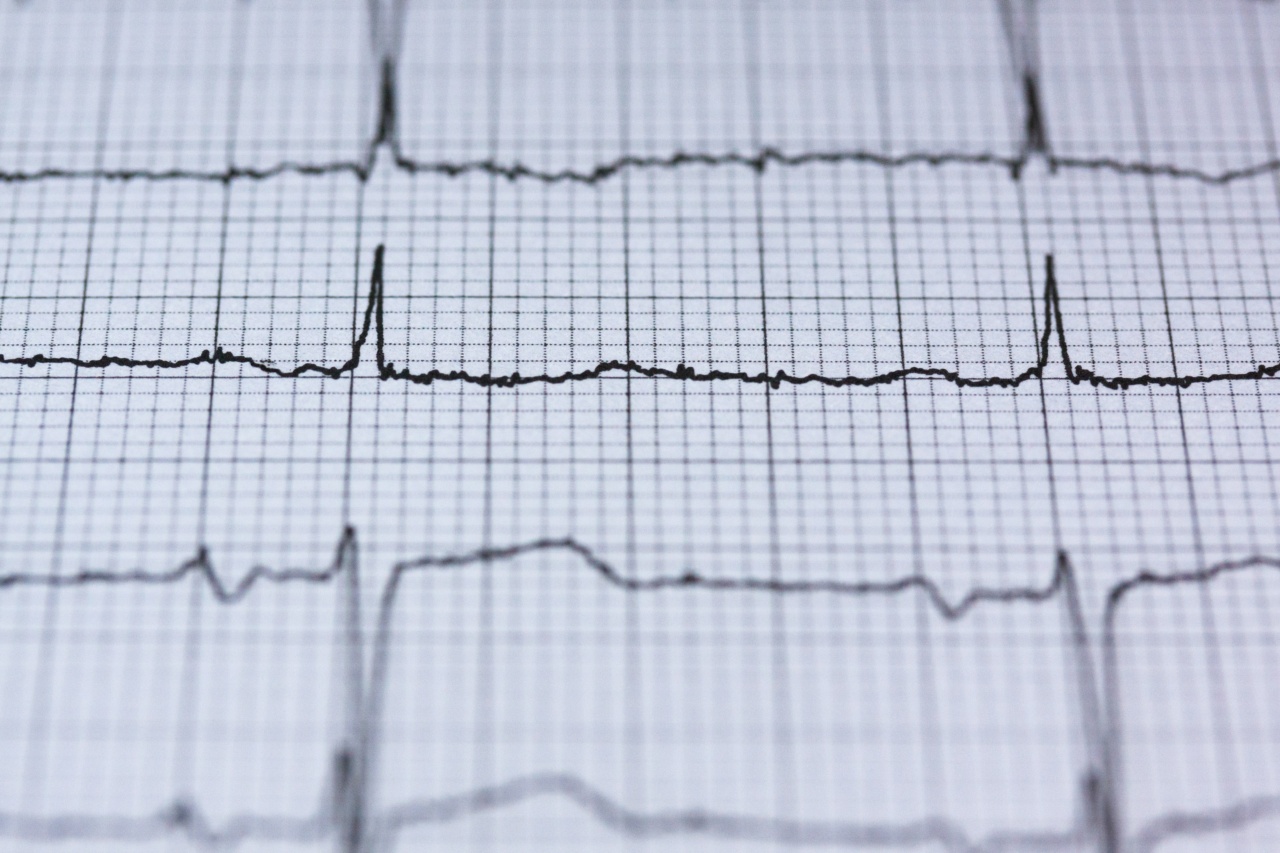Heart disease is the leading cause of death for men worldwide. It is a well-known fact that maintaining a healthy lifestyle, including regular exercise, a balanced diet, and stress management, is important for optimal heart health.
However, there is growing evidence suggesting that sexual frequency may also play a role in men’s heart health. In this article, we will explore the relationship between sexual frequency and men’s heart health.
Understanding Heart Health
Before diving into the impact of sexual frequency on heart health, it is essential to have a basic understanding of the factors that contribute to heart disease.
Several risk factors increase the likelihood of developing heart disease, including high blood pressure, high cholesterol levels, smoking, obesity, diabetes, and a sedentary lifestyle.
Sexual Frequency and Heart Health
The idea that sexual frequency may have a positive impact on heart health stems from the notion that engaging in sexual activity is a form of exercise.
During sexual activity, the heart rate increases, blood flow improves, and the body may release endorphins, which contribute to a sense of well-being.
A study published in the American Journal of Cardiology examined the association between sexual activity and heart disease in men.
The research found that men who reported more frequent sexual activity had a lower risk of developing cardiovascular diseases, including coronary artery disease and stroke. The study concluded that engaging in sexual activity three or more times per week was associated with a reduced risk of heart disease.
The Role of Physical Activity
Engaging in sexual activity, although not a substitute for regular exercise, can provide some cardiovascular benefits.
It is important to note that the intensity and duration of sexual activity may vary, and its impact on heart health may not be as significant as engaging in structured physical activities like running, swimming, or cycling.
Regular exercise is crucial for overall heart health as it helps to maintain a healthy weight, reduces blood pressure, improves cholesterol levels, and enhances blood circulation.
Hence, it is essential for men to engage in both regular physical activity and maintain a healthy sexual relationship to maximize the potential benefits on their heart health.
Stress Reduction and Heart Health
Sexual activity has been shown to contribute to stress reduction, which can indirectly benefit heart health.
Chronic stress is a known risk factor for heart disease, as it can lead to increased blood pressure, inflammation, and a higher likelihood of adopting unhealthy habits such as smoking and excessive alcohol consumption.
Engaging in sexual activity can trigger the release of endorphins, which are natural mood-boosting neurotransmitters. These endorphins help reduce stress levels and promote a sense of relaxation and well-being.
By reducing stress, sexual activity may have a positive impact on heart health.
The Importance of Intimacy
Beyond the physical benefits, sexual intimacy plays a significant role in maintaining emotional well-being and overall quality of life.
A healthy sexual relationship can foster feelings of love, connection, and happiness, which can positively impact mental health.
Depression and anxiety are also risk factors for heart disease. By improving overall mental health, a satisfying sexual relationship can indirectly contribute to better heart health outcomes.
Precautions and Considerations
While sexual activity can have potential benefits for heart health, it is essential to consider certain precautions:.
1. Talk to your doctor: If you have an existing cardiovascular condition or have had a recent heart attack or stroke, discuss sexual activity with your doctor to ensure it is safe for you.
2. Use protection: Engaging in sexual activity comes with potential risks like sexually transmitted infections. Practicing safe sex is vital for overall health and well-being.
3. Listen to your body: If you experience chest pain, shortness of breath, or any other signs of heart trouble during or after sexual activity, seek immediate medical attention.
4. Balance is key: While sexual activity can have potential cardiovascular benefits, it should not replace other lifestyle factors necessary for heart health.
A comprehensive approach that includes regular exercise, a healthy diet, stress management, and not smoking is crucial.
Conclusion
While scientific research suggests that sexual frequency may have a positive impact on men’s heart health, it is important to recognize that sexual activity alone is not a substitute for a healthy lifestyle.
Engaging in regular physical activity, maintaining a balanced diet, managing stress, and not smoking are vital components of maintaining optimal heart health. Sexual activity can serve as a pleasurable addition to a comprehensive approach to heart disease prevention. It is always advisable to consult with healthcare professionals for personalized advice based on individual health circumstances.





























